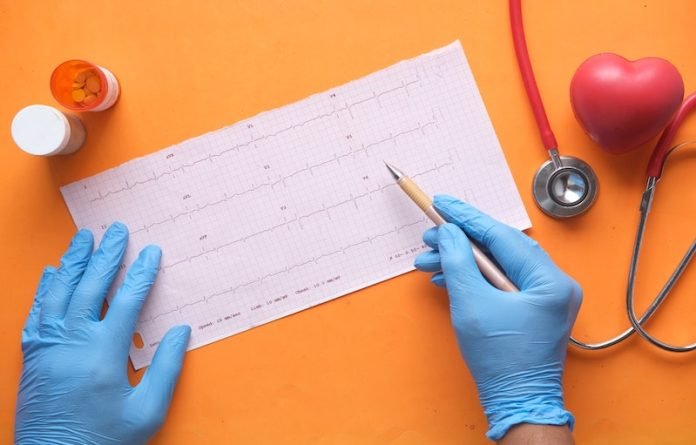
In a new statement from the American Heart Association, scientists showed how heart attacks and heart-related chest pain are treated may need to be modified for people 75 and older because of age-related changes in the heart and blood vessels as well as overall health.
The scientific statement highlights recent evidence to help medical professionals care for older adults. It updates a 2007 statement.
According to the new statement, 30%-40% of people hospitalized for the acute coronary syndrome, or ACS – the medical term to describe heart attacks and heart-related chest pain known as unstable angina – are 75 and older.
People in this age group are often excluded from the research used to develop clinical practice guidelines because their healthcare needs are more complex than younger patients.
Cardiovascular changes linked to the aging process raise the risk for ACS and make diagnosing and treating it more complicated.
These changes include large arteries becoming stiffer; the heart muscle pumping less effectively; blood vessels become less flexible and less able to adapt to the heart’s changing oxygen needs, and an increased tendency to form blood clots.
Other changes associated with aging – such as poor kidney function – may also need to be considered when diagnosing and treating ACS in older adults.
For example, agents used in some imaging tests can harm the kidneys as their function declines.
The method used to determine whether a person has had a heart attack also needs to change, the report suggests.
Elevated troponin levels typically signal that a heart attack has occurred, but older adults with kidney disease and stiffened heart muscles may already have higher levels of the enzyme.
In these cases, it may be more appropriate to evaluate whether troponin levels are rising or falling to determine if a heart attack has occurred.
Symptoms of ACS can differ in older adults, the statement notes. For example, rather than chest pain, symptoms instead might include shortness of breath, fainting or sudden confusion.
The team says it’s also important not to forego some treatments that could benefit older patients, such as cardiac rehabilitation, an important component in helping people recover functionality following a heart attack.
The statement notes that healthcare professionals sometimes avoid sending older heart patients to rehab because they are frail, but research shows these are the patients who benefit most from such services.
How medications are prescribed and managed also may need to change. Because older people often take multiple medications, it’s important to look out for harmful drug interactions.
When patients are moved from one facility to another, it’s also important to make sure medications continue to be given without interruption.
For people with cognitive difficulties and limited mobility, simplified medication plans with fewer doses per day and 90-day supplies to prevent the need for frequent refills also may help, according to the statement.
If you care about heart attacks, please read studies about how to remove plaques that cause heart attacks, and a new way to prevent heart attacks and strokes.
For more information about heart health, please see recent studies about how to cut heart attack risk by half, and results showing people who do not exercise may have instant death from a heart attack.
The study was conducted by Dr. Abdulla A. Damluji et al and published in Circulation.
Copyright © 2022 Knowridge Science Report. All rights reserved.



